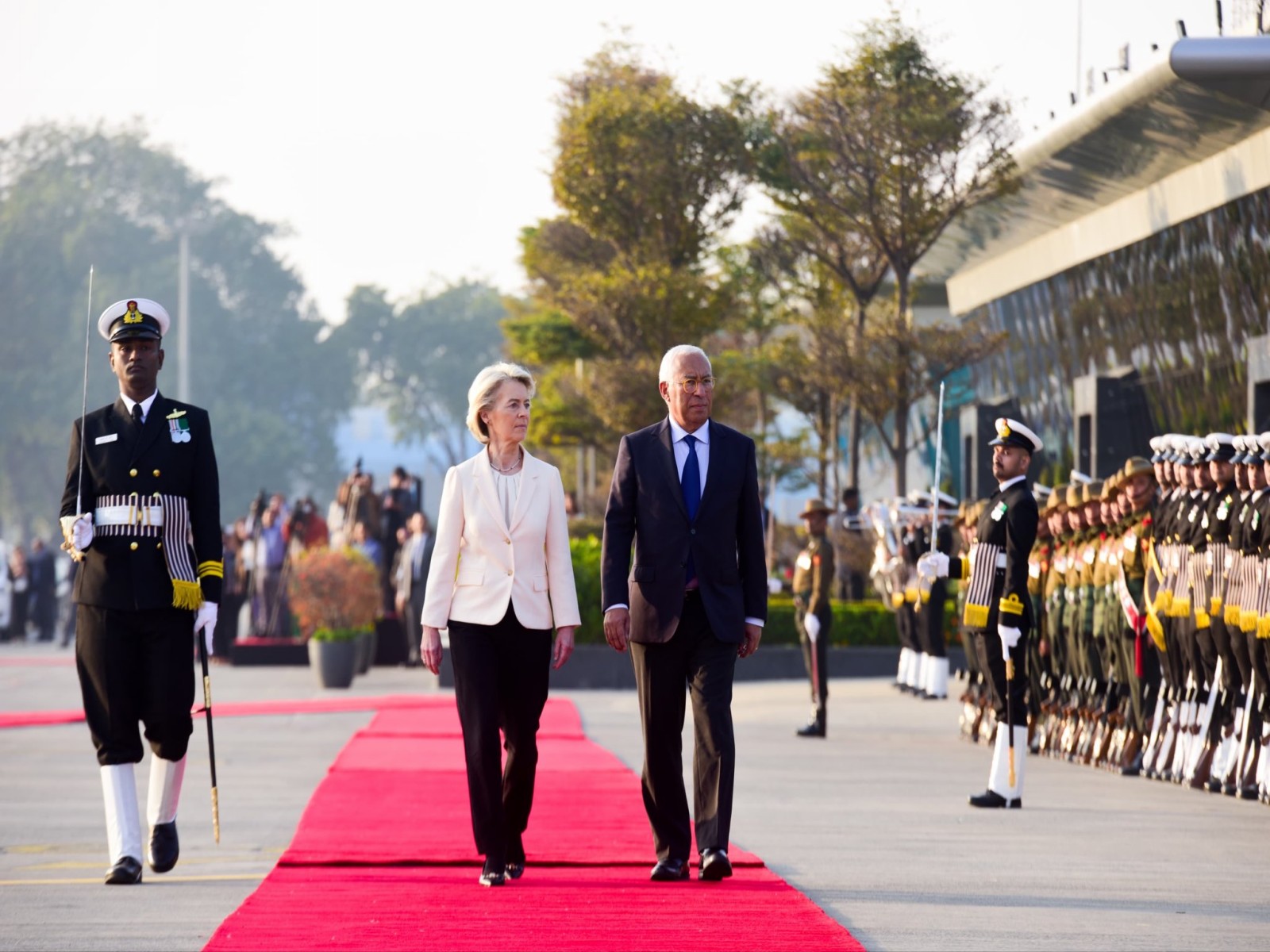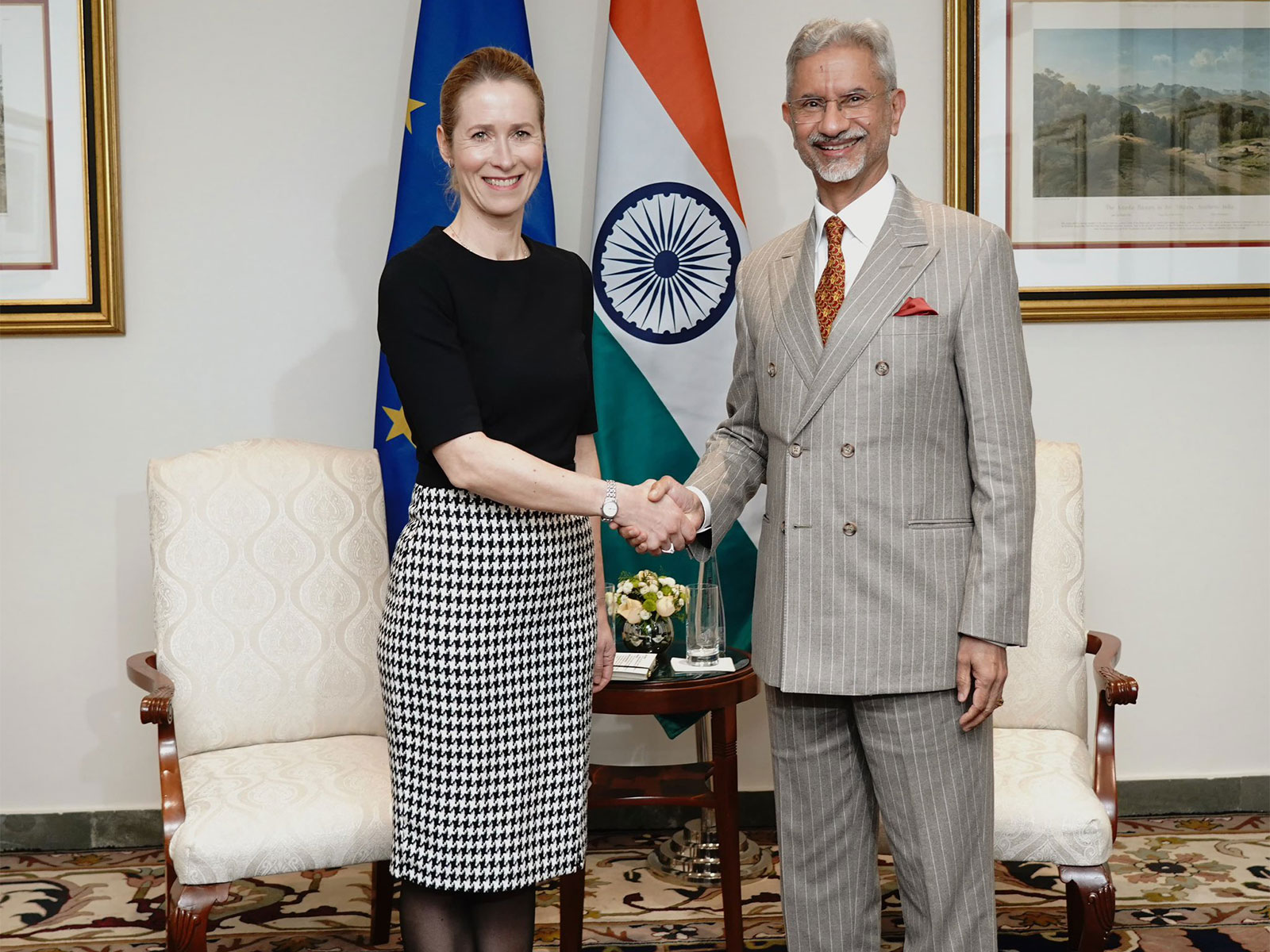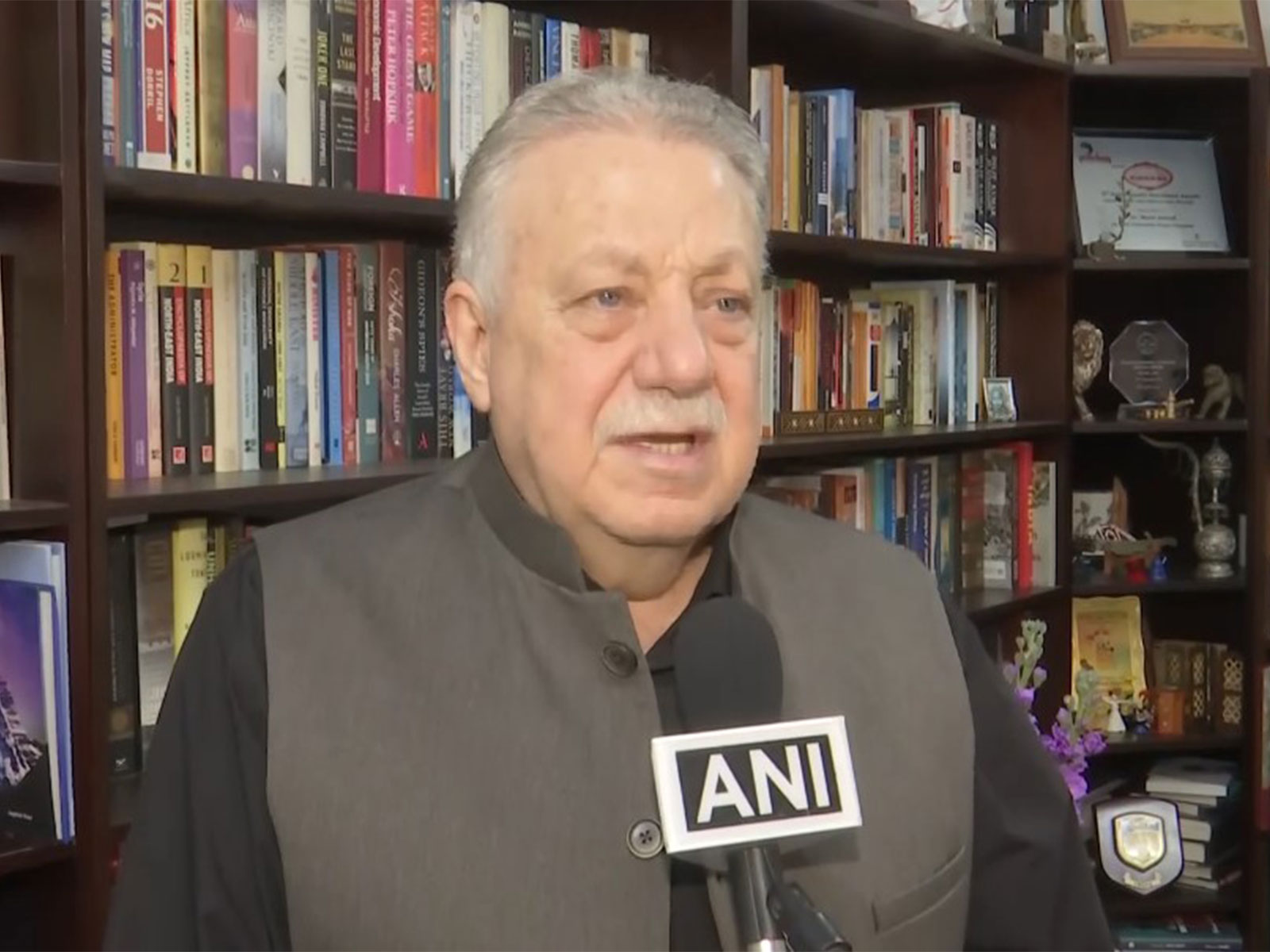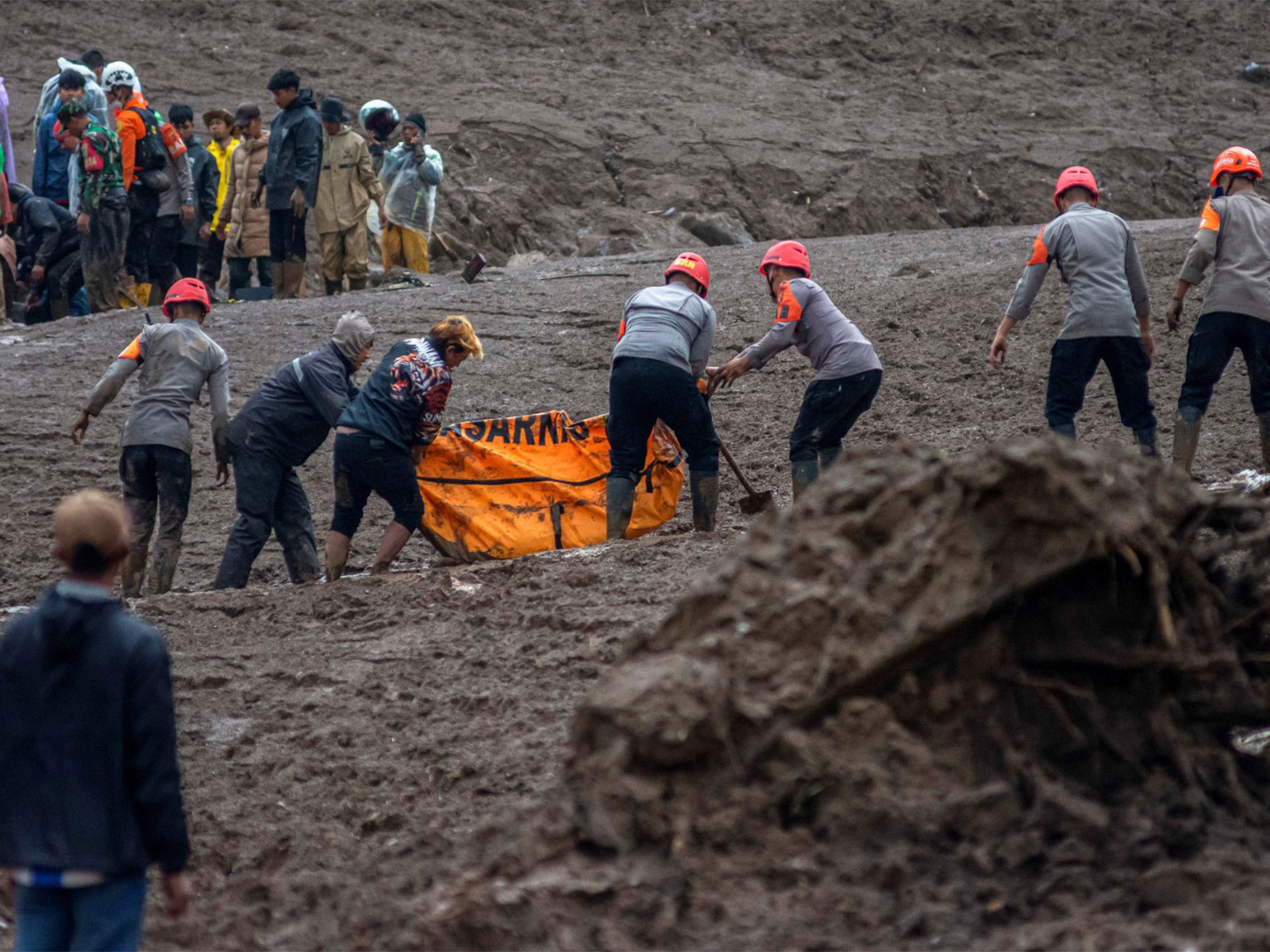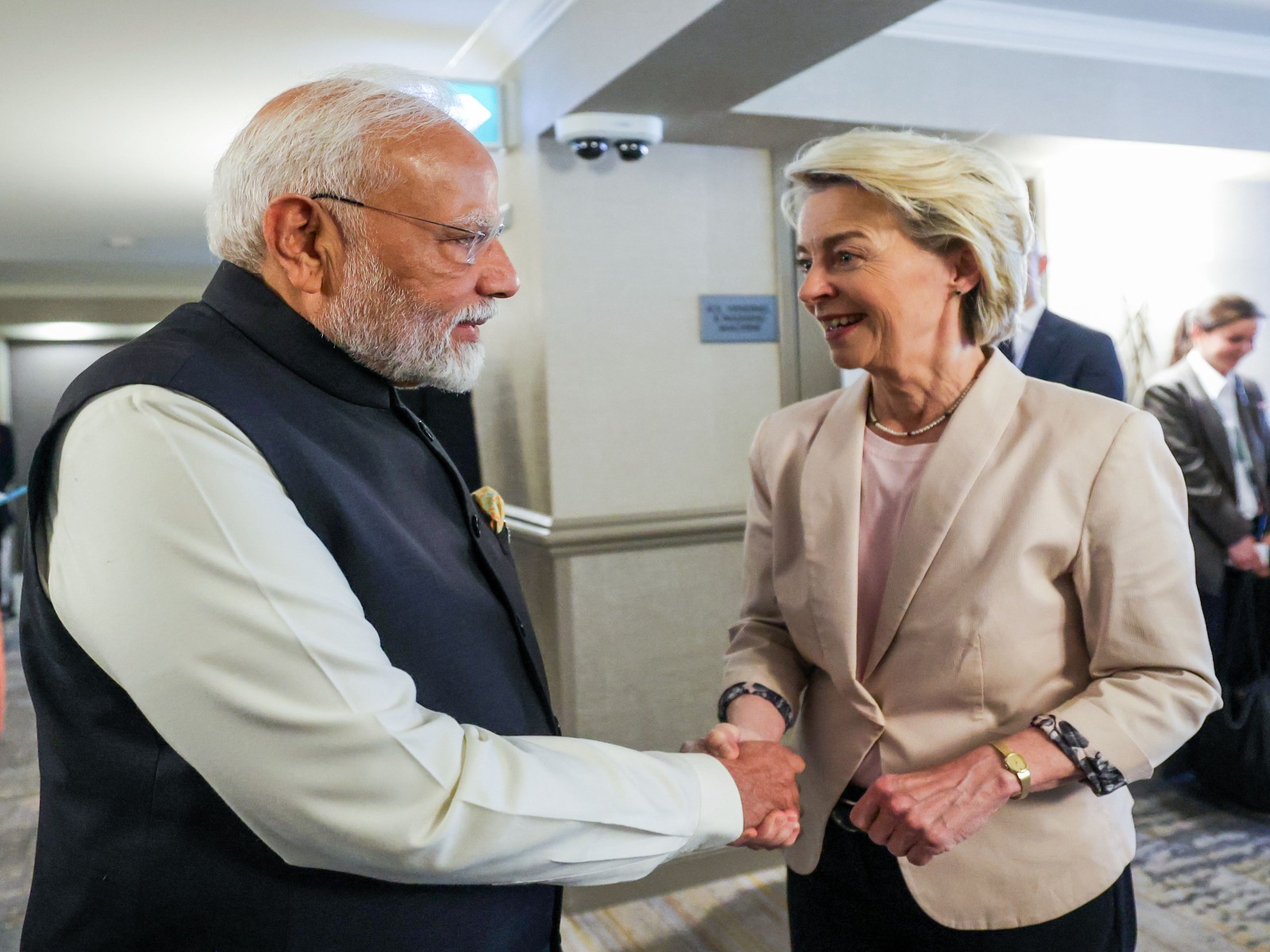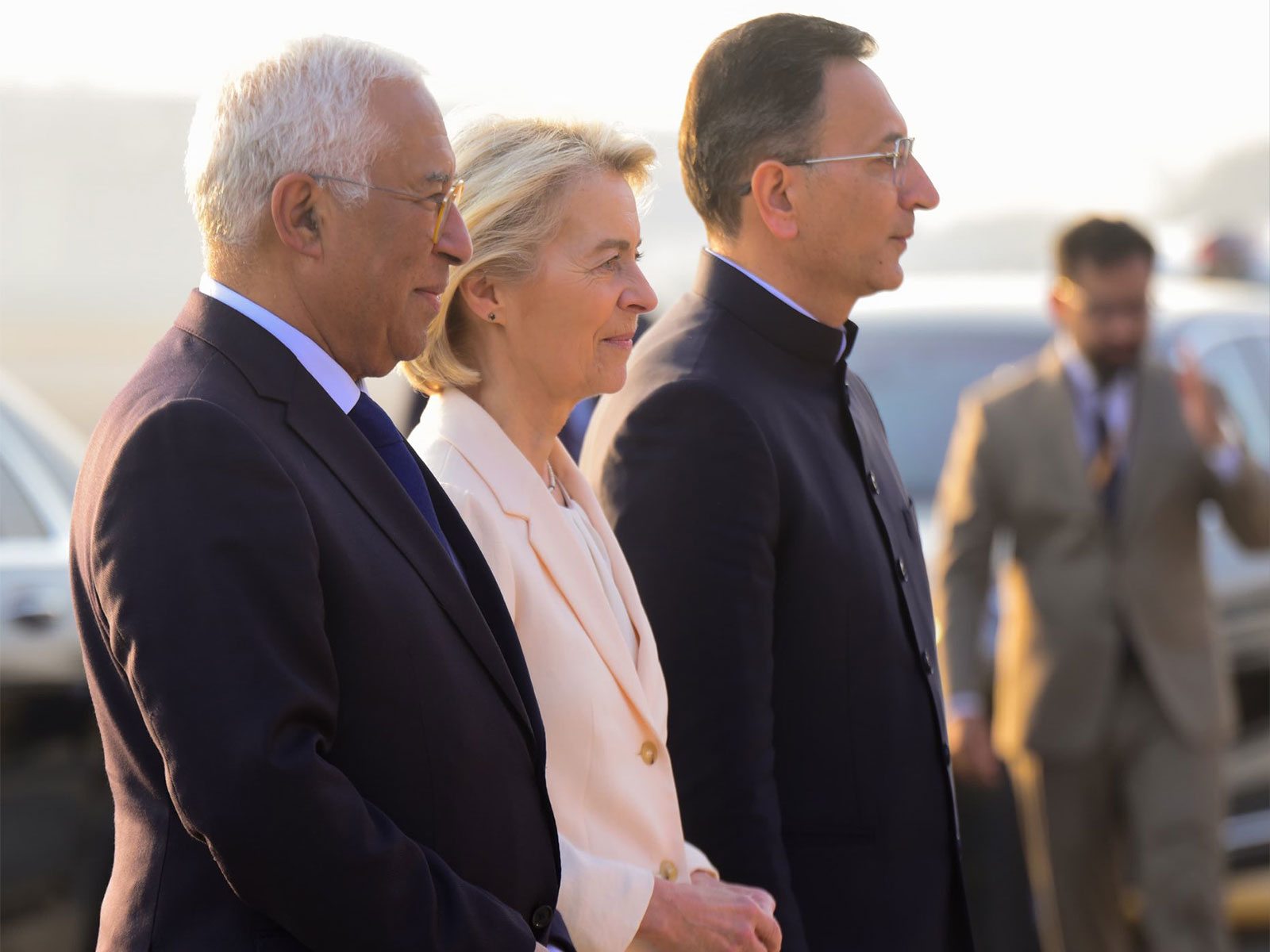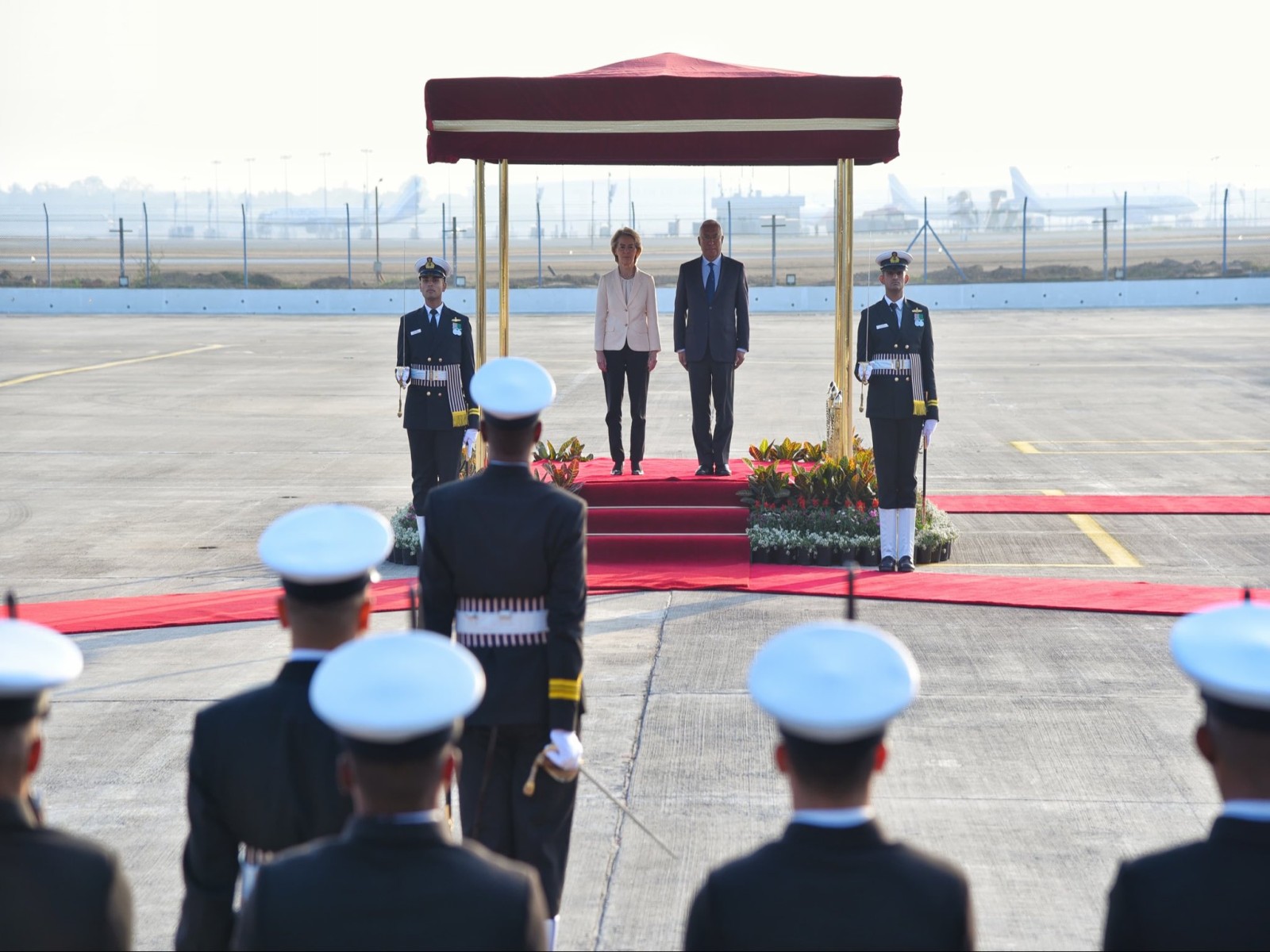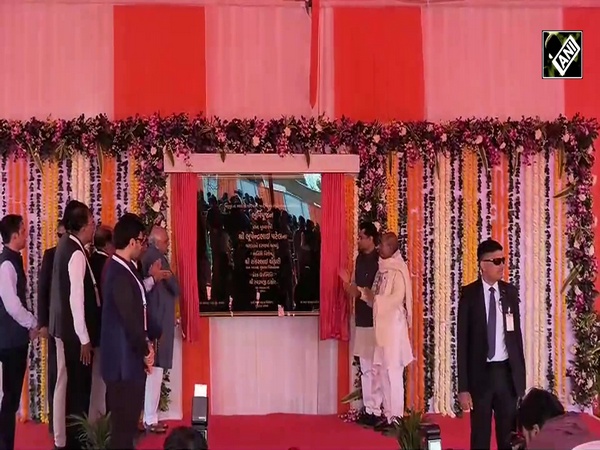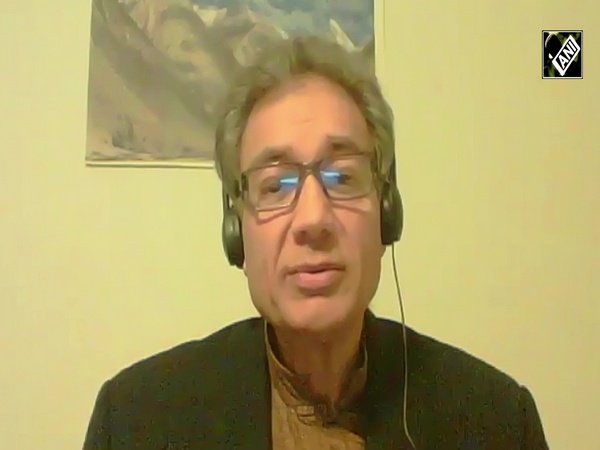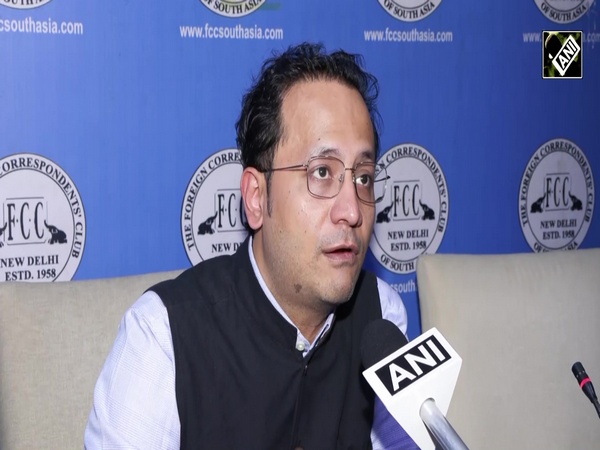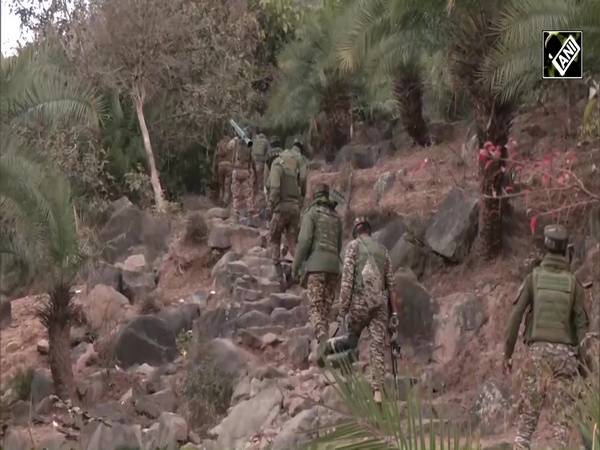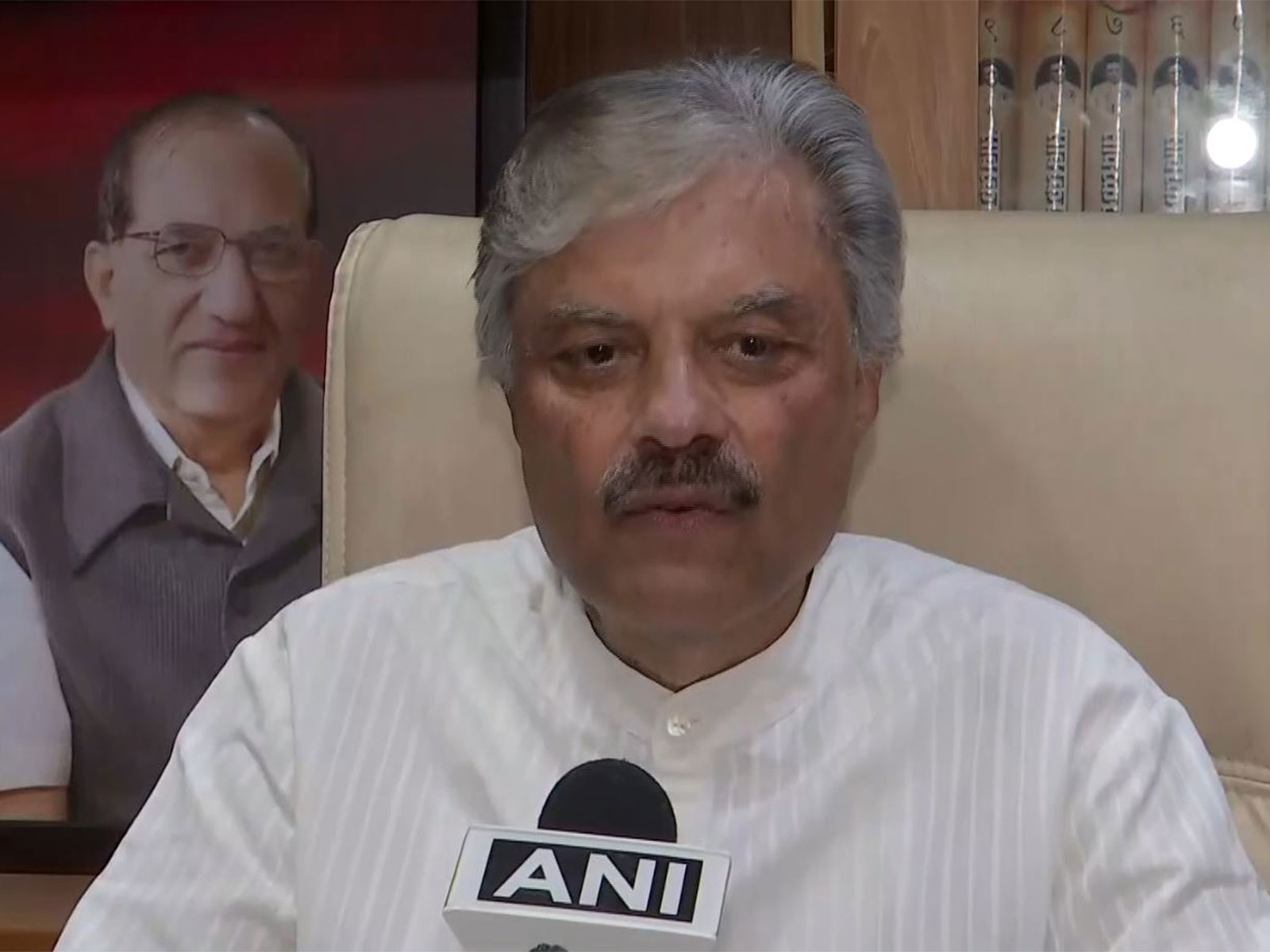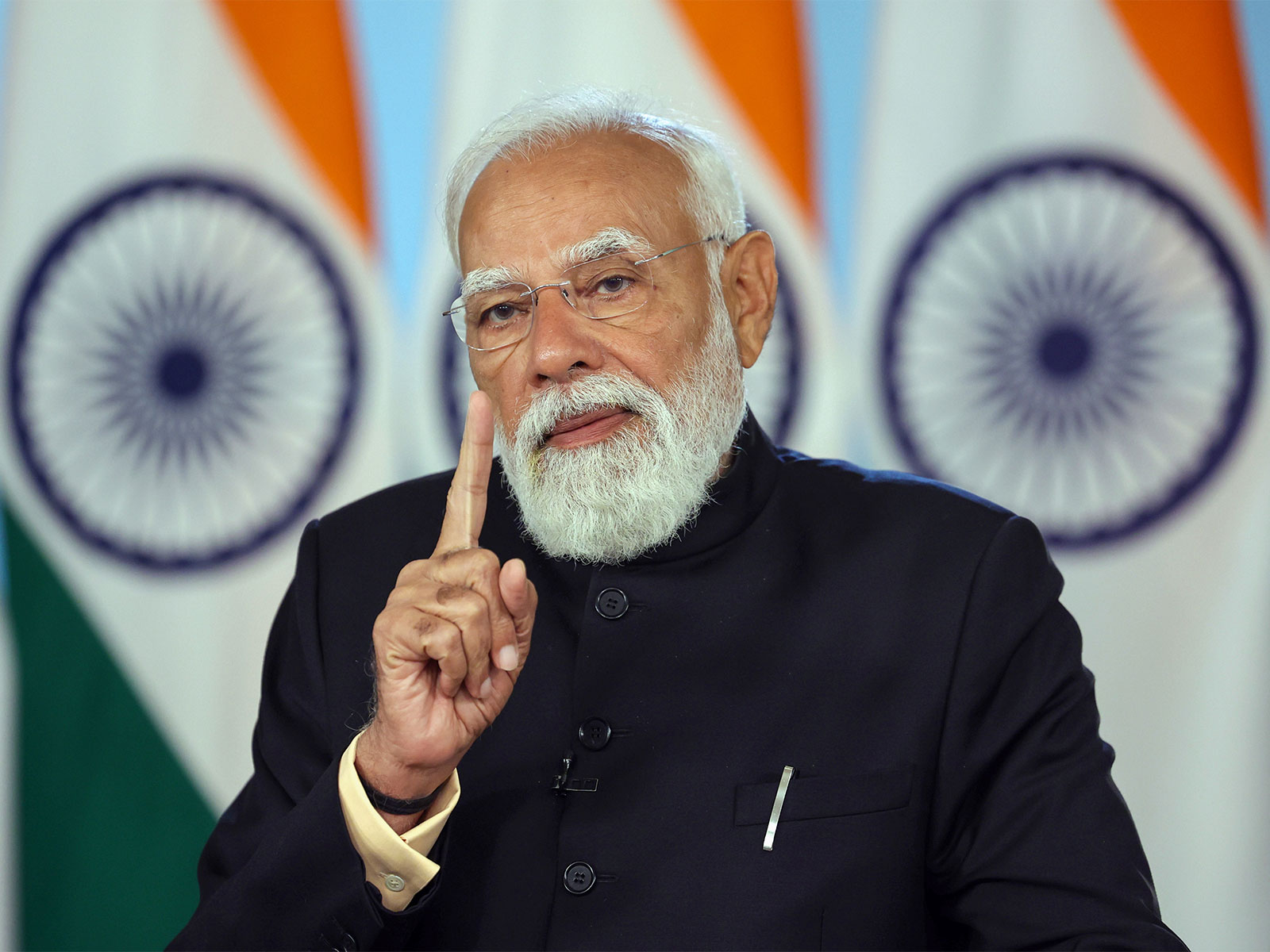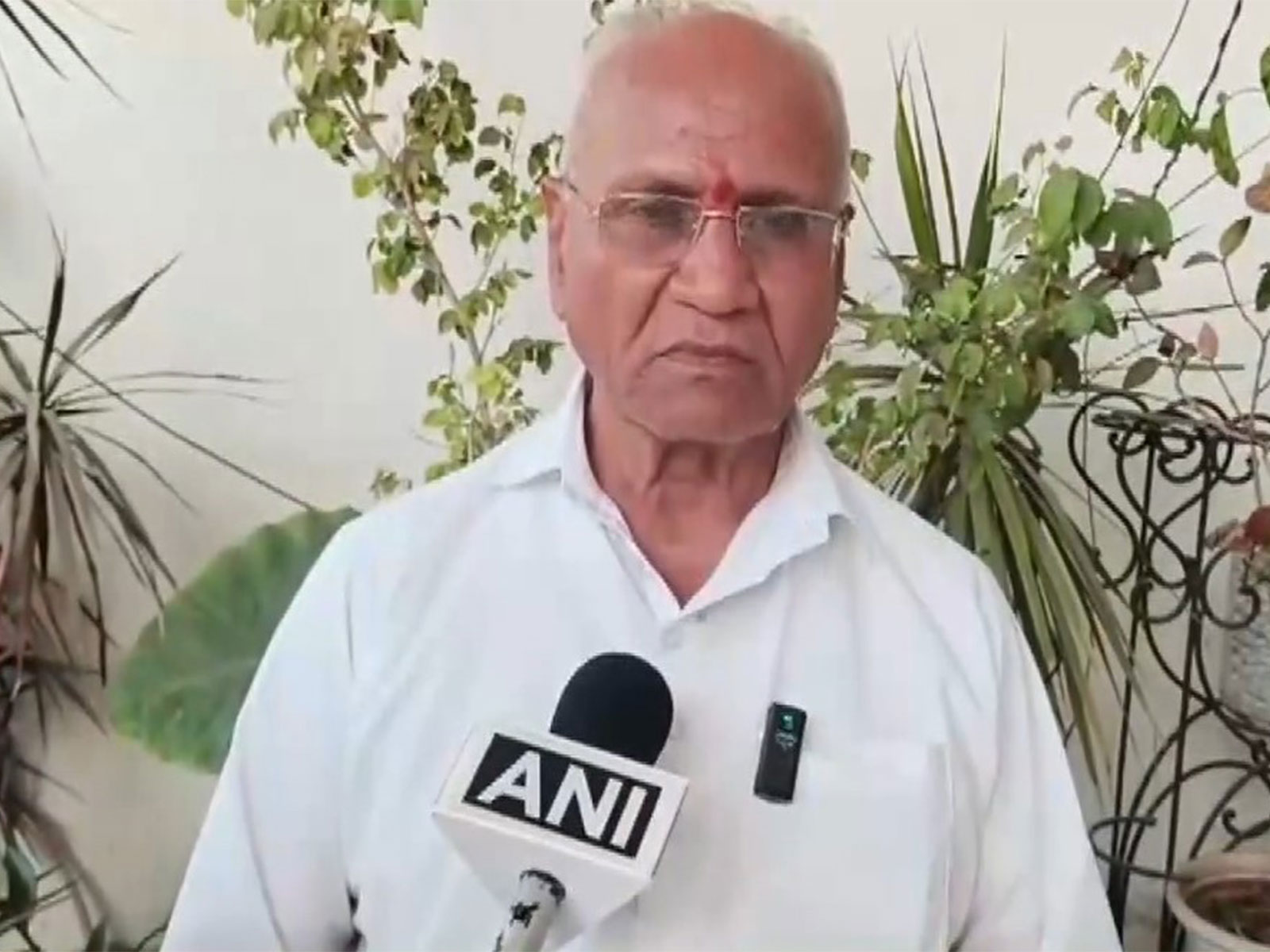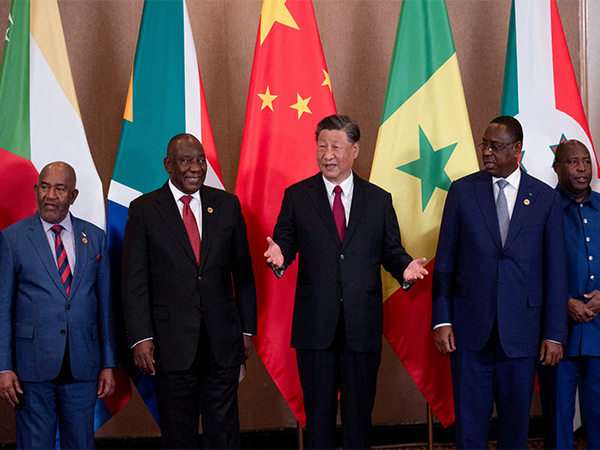
China exploits Africa as testing ground for its global security agenda
Aug 08, 2025
Washington DC [US], August 8 : Launched by Chinese President Xi Jinping in 2022, the Global Security Initiative (GSI) represents a significant effort by China to reshape global governance and establish a favourable environment for its resurgence as a Great Power, the Africa Center for Strategic Studies reports.
Though the GSI is publicly framed around themes of cooperative security, non-interference, and respect for the United Nations Charter, messages that resonate strongly across Africa and the developing world, its foundations lie firmly within Chinese concepts of national security.
According to the Africa Center for Strategic Studies, the GSI Concept Paper issued in 2023 must be understood alongside China's 2025 White Paper on National Security, which outlines four pillars: political (regime) security as the foundation, economic security as the base, military and social security as the guarantee, and international security as support.
The initiative is evolving from vague principles into tangible policies. At the Ninth Forum for China-Africa Cooperation (FOCAC) in September 2024, Xi described the FOCAC 2025-2027 Action Plan as an "example of early GSI implementation," underlining the integration of Chinese security strategy into Africa.
Between late 2024 and mid-2025, eight high-level military exchanges took place, including a training event in Nanjing for 90 early-career African officers from 40 countries hosted by the People's Liberation Army.
The Africa Center for Strategic Studies highlights how the GSI's incorporation into China-Africa relations carries direct implications for security cooperation. The FOCAC Action Plan targets training 6,000 senior and 500 early-career African officers, alongside 1,000 police officers by 2027, aligning with China's broader push to mainstream the GSI.
African perspectives on the GSI are mixed. While some governments welcome enhanced access to economic aid, infrastructure financing, and affordable security equipment, others raise concerns about the risks tied to China's emphasis on absolute ruling party control over "national security work." Africa's fraught history with authoritarian regimes informs fears that Chinese security models could undermine democratic civil-military relations and entrench party supremacy over the military.
Moreover, the Africa Center for Strategic Studies warns that GSI-related security ties risk drawing African countries into global geopolitical rivalries, especially as countering Western influence is central to GSI narratives. This threatens Africa's traditional commitment to non-alignment.
The GSI is part of a broader Chinese agenda alongside the Global Development Initiative and the Global Civilizational Initiative, all designed to challenge Western-led global norms. The GSI's six core principles -- including respect for sovereignty, abiding by the UN Charter, and promoting cooperative security -- are carefully crafted to appeal to developing countries but mask China's strategic interests, such as defending territorial claims and prioritizing regime security.
China's growing military and law enforcement cooperation with African countries, such as joint operations, training programs, and security agreements protecting Belt and Road investments, demonstrates how the GSI is operationalised on the continent. Roughly 40 African countries now have ties with Chinese police institutions, highlighting the deepening of China's security footprint.
According to the Africa Center for Strategic Studies, African leaders and civil society must critically assess these developments. "The opportunities will depend on whether African countries can exert greater agency," said security expert Lungani Hlongwa. Local stakeholders are urged to set agendas that reflect genuine security needs and ensure cooperation does not undermine democratic norms or citizen interests.
As the GSI continues to unfold globally, its impact on African security governance and international alignments will remain a crucial area for scrutiny and debate. The Africa Center for Strategic Studies calls for greater transparency and domestic engagement in shaping security cooperation with China to safeguard African sovereignty and democratic values.
